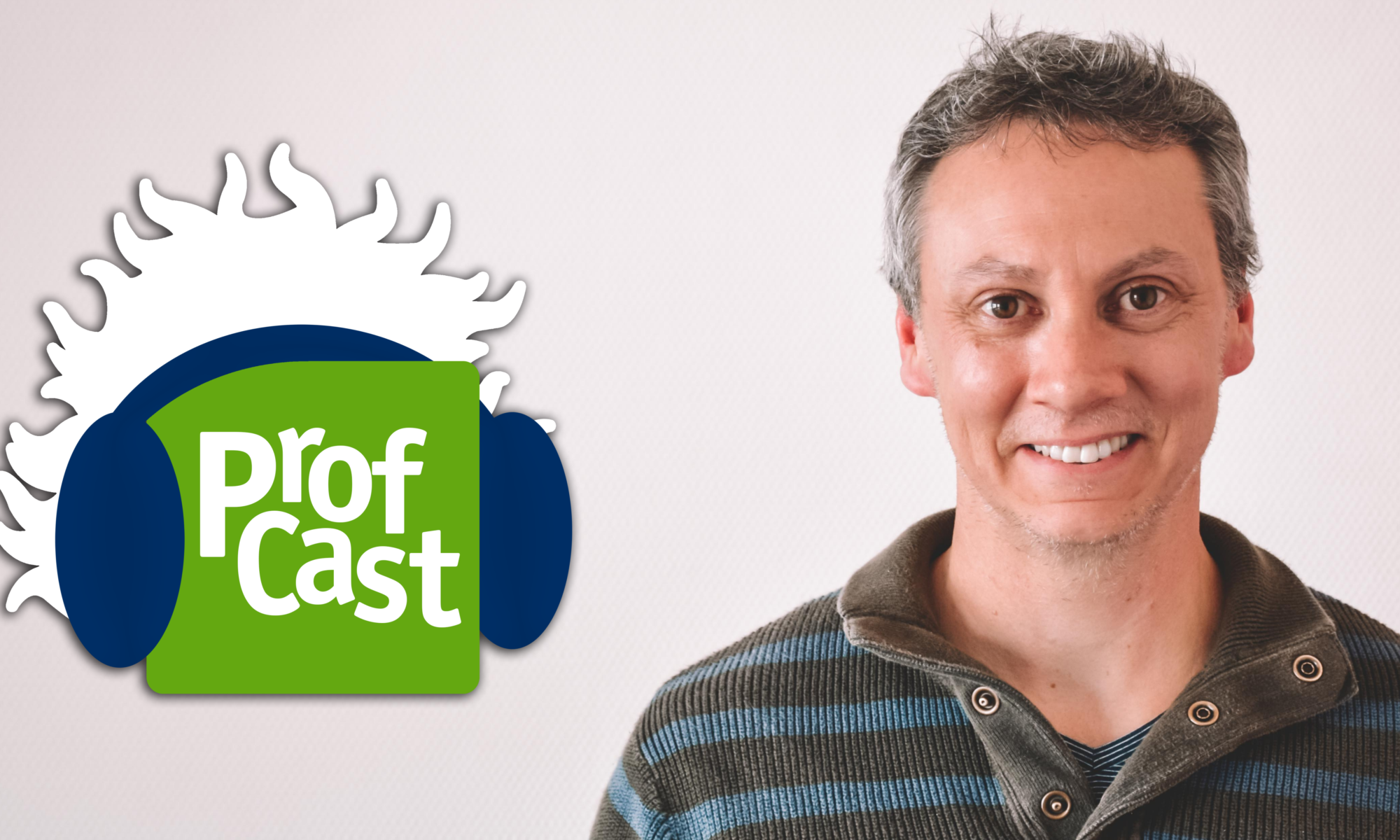In our podcast-series ‘Profcast’, we talk with the professors of the Faculty of Business and Economics. This week, our guest is: Lukar Thornton.
Professor Lukar Thornton is researching the factors that make people make certain choices in relation to food.
Lukar: “I always found food really fascinating. It affects everyone. Everyone has to eat. Everyone eats several times a day. But the decisions behind the food we eat, are really complicated. It differs from person to person, household to household. I am really interested in understanding how location could influence people’s food behaviours. Originally, I have a background in geography. So, that’s how it all came together.“
Lukar Thornton researched how living conditions could affect food purchasing behaviour.
Lukar: “I started looking into this in Melbourne, before I left to Antwerp. We noticed more and more high apartment buildings being built within Melbourne. The living space in these apartments was much smaller than in housing types we saw previously. Also the kitchens and the space for the storage and preparation of meals were smaller. It makes cooking more complicated, and also buying food in bulk is a challenge, which in turn increases your food expenses when you live in an apartment in Melbourne. If we find it more difficult to cook at home, what’s the alternative? Things like Uber Eats become more and more prominent. In particular, during the pandemic.”
Another interesting concept Lukar talks about in the Profcast-episode is ‘dark kitchens‘.
Lukar: “If people buy less fresh fruits, those kinds of stores will close down and be replaced by stores selling take-away food. Supply and demand influence each other over the course of time. Dark kitchens are essentially take-away outlets that operate without any consumer interaction. Customers can’t go into them. They only prepare meals for delivery. It can really change the streetscapes. If more and more dark kitchens start coming into the towns, we will start losing these kinds of streetscapes where people can interact and sit in a restaurant to enjoy their meal on the street. Then, cities start to change as well.”
Listen to the episode with Lukar Thorton on Spotify, Apple Podcasts, DS Podcast-app, YouTube or SoundCloud:


